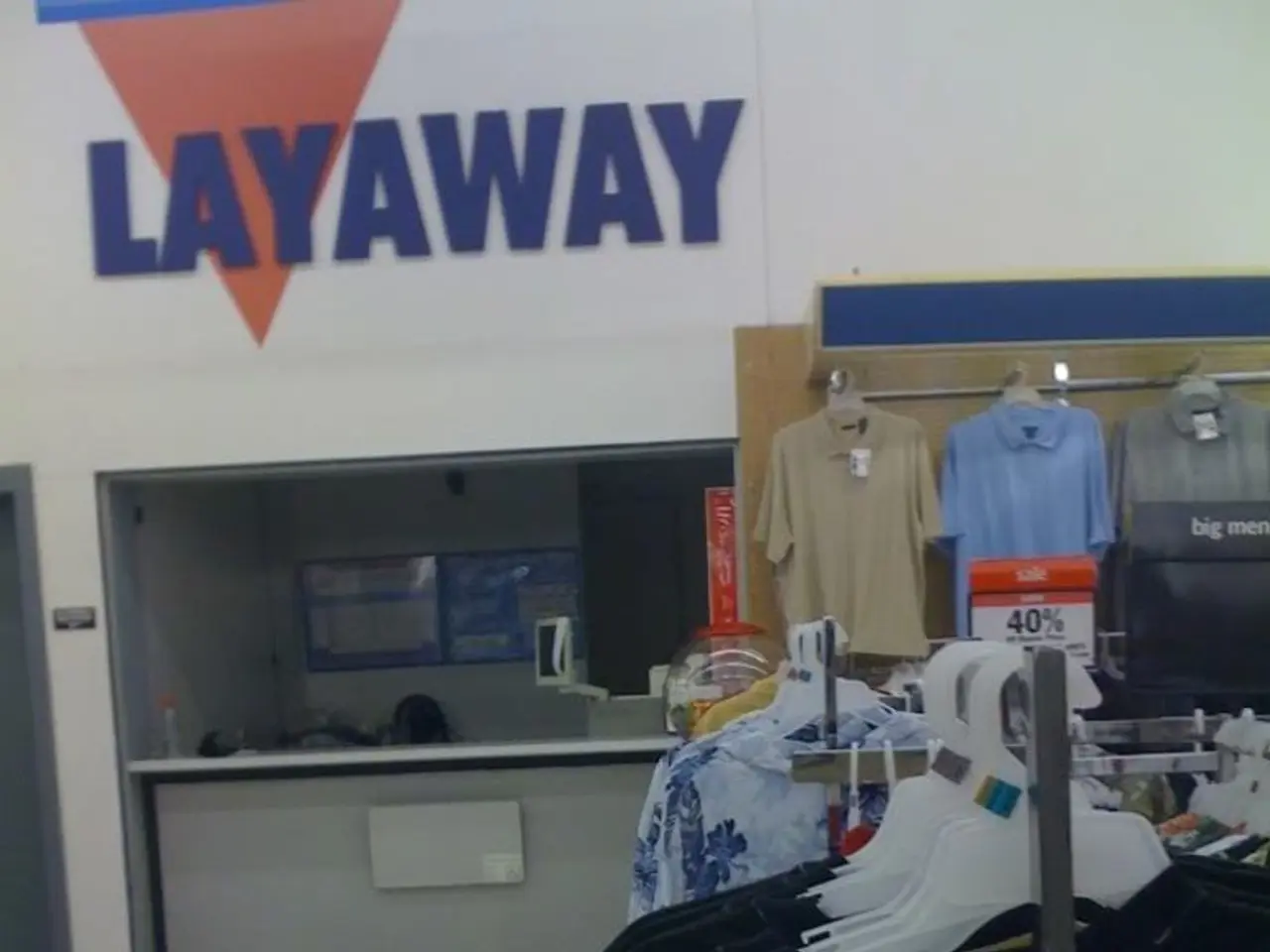De Minimis Exemption in US Customs Law to End Soon
Online purchases facing significant price hikes: reasons unveiled
A significant change is coming to US customs law, as the de minimis exemption, a provision that has been in place for 90 years, is set to be repealed. This change, announced in an executive order, will take effect on August 29, 2022, two years earlier than initially planned.
The de minimis exemption, established under Section 321 of the Tariff Act of 1930, allowed goods valued at $800 USD or less to enter the United States duty-free, with minimal customs formalities. This provision was designed to reduce customs congestion, minimize enforcement costs for low-value imports, and encourage small-scale trade and e-commerce.
However, the de minimis exemption has been under scrutiny for its potential role in facilitating the entry of harmful goods, such as synthetic opioids, and unfair trade practices. The repeal of the de minimis exemption is part of President Donald Trump's broader efforts to combat these issues and protect American workers and businesses.
The repeal of the de minimis exemption will have a significant impact on international e-commerce platforms and logistics strategies. All shipments valued at or below $800 will now be subject to duties and full customs formalities.
It is important to note that American travelers can still bring back up to $200 in personal items and receive bona fide gifts valued at $100 or less duty-free. For postal shipments, a new duty rate will be applied. The duty will either be an ad valorem duty or a specific duty ranging from $80 to $200 per item, until a full shift to ad valorem duties by February 28, 2026.
The de minimis exemption was initially intended to save customs officials significant time and paperwork involved with processing low-value packages. However, the executive order does not specify how this change will affect the customs officials' time and paperwork involved with processing low-value packages.
The de minimis exemption has been a significant factor in the growth of e-commerce, with de minimis imports reaching nearly 1.4 billion packages last year. Companies like Amazon, Shein, and Temu have benefited from the de minimis exemption, flooding the market with inexpensive consumer goods. The end of de minimis will result in a significant cost increase for American consumers and small businesses.
The cost of international shipments will depend on factors such as the shipment's country of origin and whether it's arriving by mail or courier. For example, a $300 pair of shoes from Portugal or a $150 G-Shock from Japan will no longer be duty-free after the repeal of the de minimis exemption.
Trump's executive order specifically names synthetic opioids (i.e. fentanyl) as the reason for dropping de minimis, but its impact on the flow of fentanyl into the US is uncertain. The Republicans and Democrats agree that the de minimis exemption no longer serves its intended purpose and has unintended consequences.
In conclusion, the repeal of the de minimis exemption will make online purchases from outside the US more expensive, starting from August 29. This change is part of a broader effort to combat issues such as synthetic opioid trafficking, unfair trade practices, and to protect American economic interests and national security.
A fashion-conscious man might find himself reevaluating his watch collection, as a sports watch once purchased duty-free from a foreign retailer may now require additional payment. The style-savvy individual may choose to purchase his watch manually, as opposed to ordering it online, to avoid the new customs duties and paperwork.







